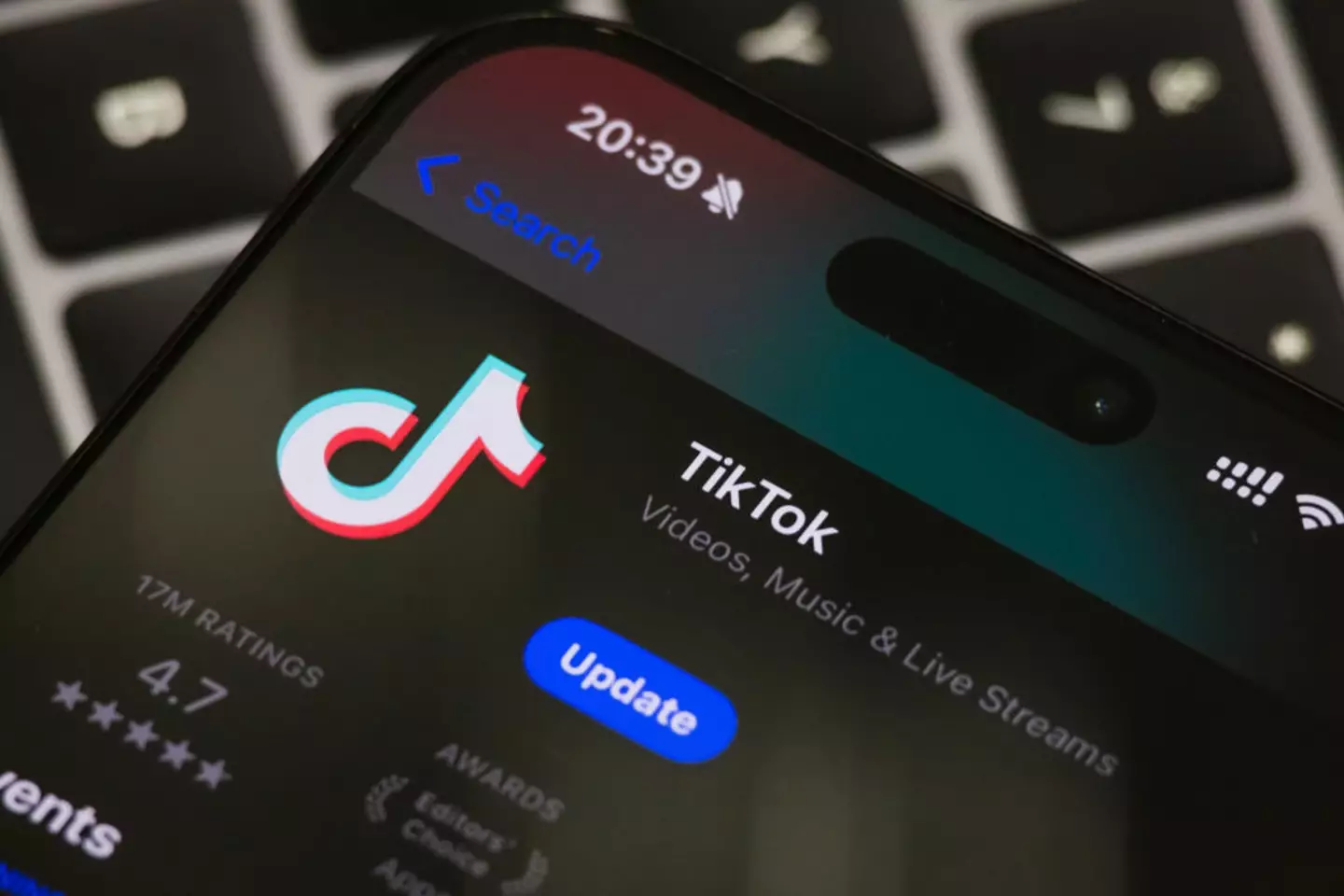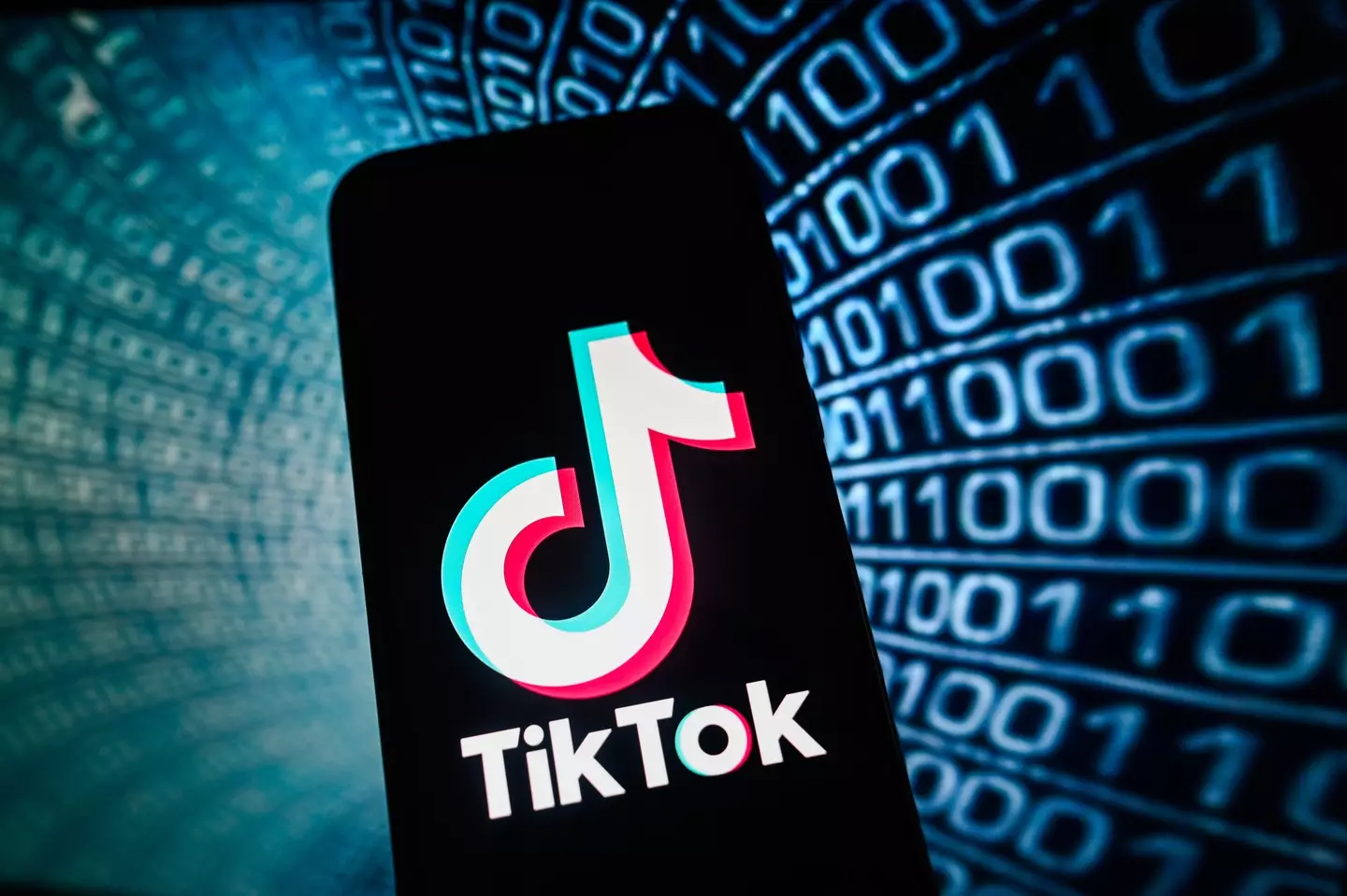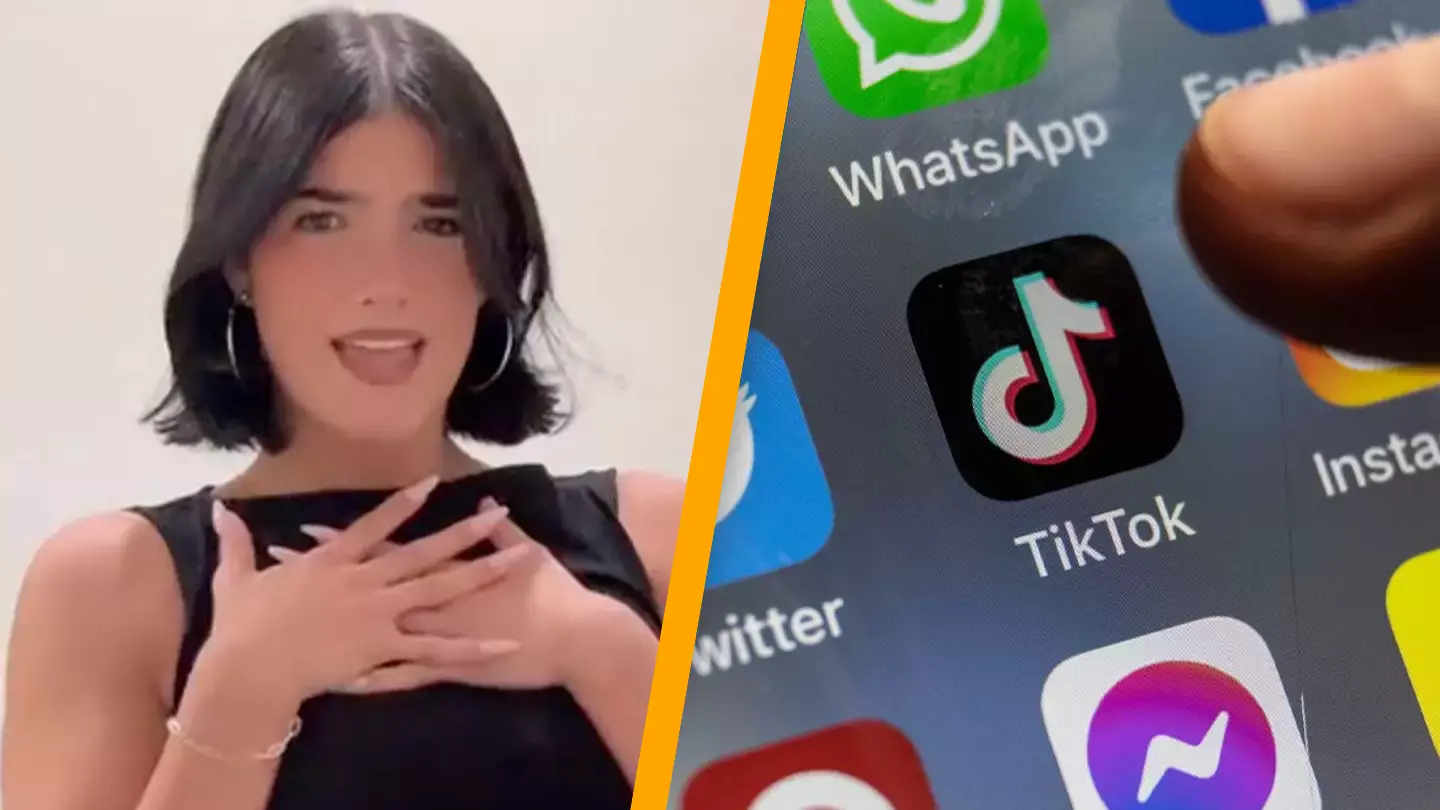Documents that appear to be leaked from TikTok hint that the app may be favoring ‘beautiful people’ in its promotions while reducing the exposure of ‘less attractive’ users.
TikTok, a beloved platform with over one billion monthly users worldwide, has also faced numerous controversies over time.
This has led many countries to impose various restrictions on the app.
Currently, TikTok is embroiled in a legal battle initiated by 14 states, with California and New York leading the charge.
Recently, internal documents that were once redacted have been revealed to the public as part of this lawsuit.

According to NPR, the lawsuit accuses TikTok of misleading the public regarding the safety of its popular app.
Many attorney generals claim TikTok has breached consumer protection laws and contributed to a mental health crisis among teenagers, placing a strain on healthcare services.
California Attorney General Rob Bonta stated: “TikTok intentionally targets children because they know kids do not yet have the defenses or capacity to create healthy boundaries around addictive content.
“TikTok must be held accountable for the harms it created in taking away the time – and childhoods – of American children.”
Significant accusations against TikTok revolve around its impact on teenagers’ mental health.
Findings from TikTok’s own investigations, included in the documents, suggest users can become ‘addicted’ to the app within 35 minutes or after viewing 260 videos.
Though this may seem substantial, Kentucky officials point out that individual videos are often very short.
The investigators stated: “Thus, in under 35 minutes, an average user is likely to become addicted to the platform.”

According to an internal report reviewed by Kentucky investigators, user feeds are allegedly populated with ‘more attractive’ individuals following a surge of ‘not attractive subjects’ in the algorithm.
The complaint further alleges that TikTok has ‘actively promoted a narrow beauty norm despite potential negative effects on young users’.
In a statement released on Thursday (October 17), TikTok spokesperson Alex Haurek criticized media outlets for releasing the complaint’s details, accusing them of ‘cherry-picking misleading quotes and using outdated documents out of context to misrepresent our commitment to community safety’.

